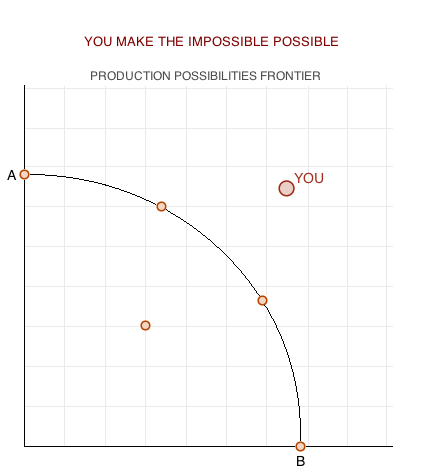De olieprijs heeft zijn hoogste punt ooit bereikt: de consument betaalt inmiddels ruim 1,80 euro aan de pomp en uit autotanks wordt inmiddels al benzine gestolen. Hoe ver kan de olieprijs nog stijgen? Het is niet ondenkbaar dat we over een paar maanden met weemoed terugdenken aan de literprijs van “slechts” 1,80 euro. Zet de hoge olieprijs een rem op de door de recessie toch al teruglopende consumentenuitgaven? Waar komt de hoge olieprijs vandaan en hoe ontwikkelt deze zich in de toekomst?
Month: February 2012
Waar is het Europese oliemannetje?
De onderhandelingen over Griekenland werden deze week weer op het scherpst van de snede gevoerd. Europa mist een oliemannetje om de stroeve verhoudingen weer wat te versoepelen. Een oliemannetje om de almaar stijgende olieprijs te verlagen zou ook welkom zijn. Lees meer in de ING Markten in beweging.
Il Duro? ο Σκληρός!
Onze eigen minister doet aan eurokoersmanipulatie:
So is the debt crisis finally on its way to resolution? Not so fast. The Dutch finance minister, Jan Kees de Jager, poured so much cold water on his colleagues’ optimistic comments that the euro dropped immediately. On his way into the meeting, he said:
Greece wants the money and so far we haven’t given them anything. We have said no over the past weeks. We can afford to say to no until Greece has met all the demands. It’s up to Greece and the troika to say whether this has been done and for us it is a no until Greece has done so.
Tough talk. But it is hard to imagine the Dutch wrecking a deal on their own if the Germans have decided to grant the second bail-out. Does the Netherlands really want to provoke another round of the crisis now that its economy is in recession? Indeed, Dutch sources whisper that the minister’s words have been overplayed. More likely, Mr de Jager is living up to his reputation as the hard man of the Eurogroup, whose job is to stiffen Germany’s resolve.
Bron: The Economist. Ondertussen in Griekenland de zeer verrassende reactie:
Kan China de wereldeconomie redden?
Veel bedrijven en beleggers kijken hoopvol naar het oosten. De economische groei in Europa en de VS is misschien ver te zoeken, maar China lijkt niet stuk te krijgen. Maar blijft dit ook zo? Kan China de wereldeconomie redden?
Griekenland: Can’t live with or without you
De politieke spanningen in Europa liepen deze week weer op: Gaan de eurolanden Griekenland redden en indien niet, blijft het land dan in de eurozone? Ondanks deze onzekerheid blijft europaniek zoals we die eind november zagen uit. Is dat terecht, of danst Europa op de vulkaan? Lees de ING Markten in beweging van deze week.
How an economist says I love you
For your economist Valentine:
And 13 more declarations of Pareto-improving love: 14 Ways an Economist Says I Love You..


